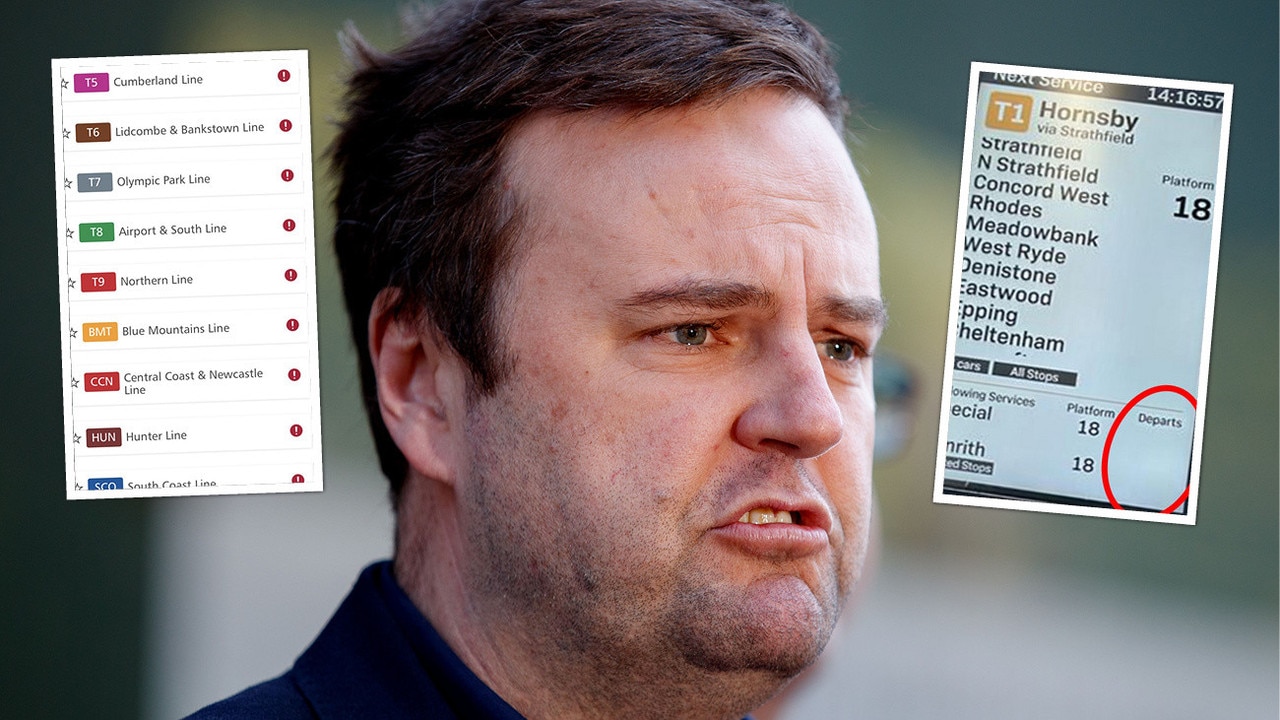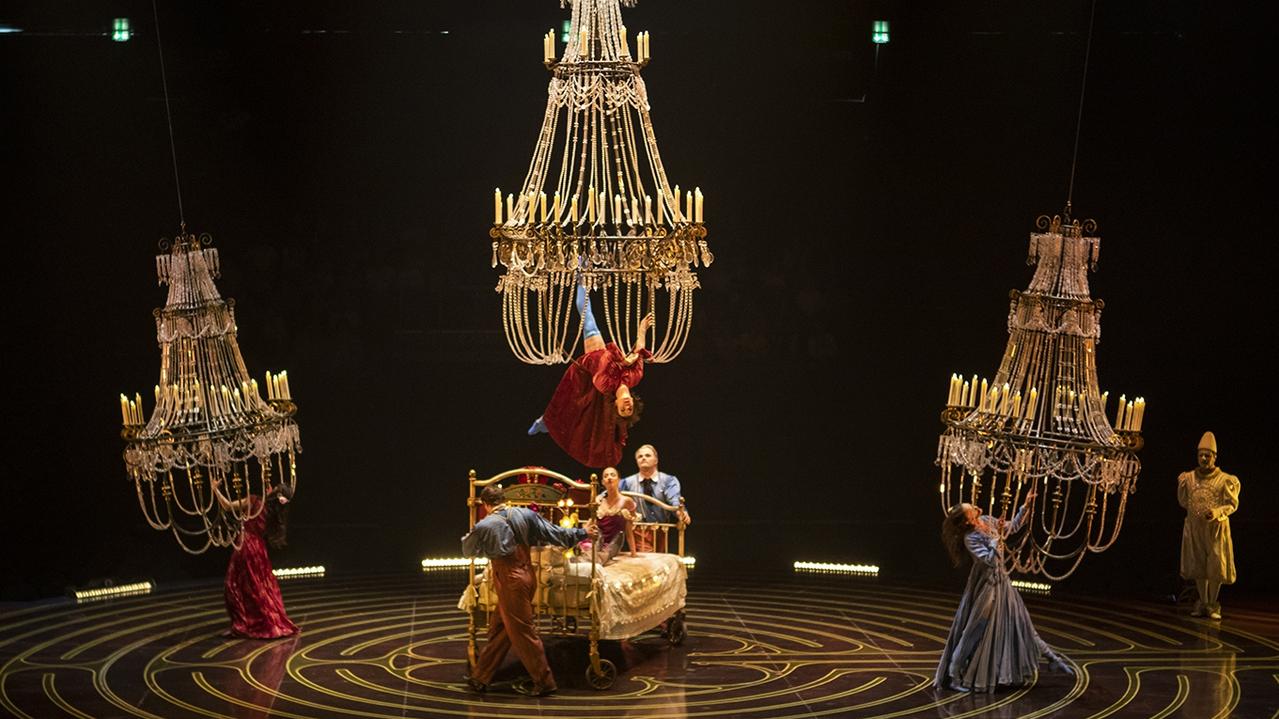Harry Morant drover, horsebreaker, bush poet, fake son of a knight and scapegoat of an empire
Lt Harry Morant and Lt Handcock went to their death as a peace gesture between the British and the Boers
The two men were roused from their cells at dawn on February 27, 1902. They walked out hand-in-hand, comrades in arms, to share their death before a firing squad.
Lt Harry Harbord Morant and Lt Peter Handcock had been found guilty of executing prisoners during the Anglo-Boer War and were about to have their sentence carried out.
After the pair were seated in chairs a guard started to blindfold Morant, but he said “take this thing off”. Morant reportedly crossed his arms and said something like “Be sure and do a good job of it”. Although another popular account reported he said “shoot straight you bastards, don’t make a bloody mess of it”.
The guns fired and within seconds both men were dead. Although papers like The Daily Telegraph reported that the men “died bravely”, their execution caused great controversy.
It was claimed the men were scapegoats
and the British had sacrificed the men to appease the Boers while negotiating an end to the war.
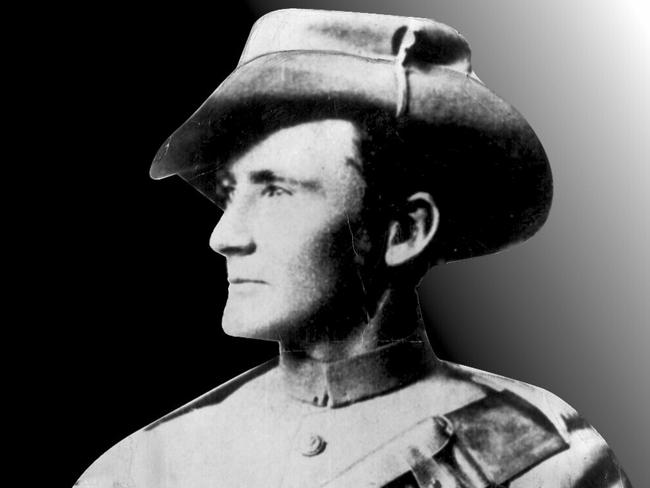
Many believe that sacrifice was unjust, because the prisoner executions took place under the extreme conditions of war, when the government had turned a blind
eye to similar atrocities committed
by other officers.
There was also a feeling that rather than sacrificing one of their own the British had targeted colonial soldiers — Handcock was Australian but Morant was born in England and had served in an Australian contingent.
The sacrifice seemed greater because Morant had been known
in Australia as a bush poet, before going to war.
He was born Edwin Henry Murrant in 1864 in Somerset, England. Although he claimed to be the son of Sir George Digby Morant, who later became an admiral, he was actually the son of Edwin Murrant and his wife Catherine.
Catherine and Edwin had been master and matron of a Union Workhouse, an institution housing the poor, and Edwin died before Morant’s birth.
Nothing is known of Morant’s childhood and education, but he seems to have been well read and always carried poetry books with him.
He arrived in Australia in 1883 and adopted the name Harry Morant.
In 1884 he married Daisy O’Dwyer (later known as anthropologist Daisy Bates), at Charters Towers, his name appearing on the document as Murrant.
The marriage didn’t last.
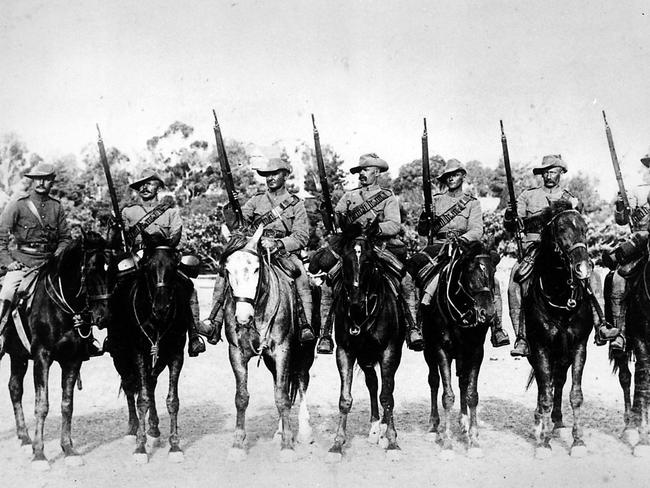
Morant was arrested for stealing pigs and a saddle, and skipping out on paying for his wedding. Although acquitted of charges for both offences, he left Daisy and went off droving cattle, before making a name for himself as an expert horseman,
earning the nickname “Breaker”.
He began contributing poetry to The Bulletin and “The Breaker” became known through his poems as a hard-drinking, womanising, poetry spouting expert horseman.
His comings and goings were reported in the papers.
When war broke out in South Africa, between the British and the Boers in 1899, the Australian colonies offered wholehearted support.
Morant volunteered to serve in the Second Contingent, South Australian Mounted Rifles. His departure in January 1890 was also covered in the papers. It is believed he volunteered as a way of gaining a passage back to Britain, bathed in military glory.
With his horsemanship and bush skills he showed himself to be a very handy soldier.
Noticed by influential officers, after a year of service he went to England where he was welcomed into society circles. He met English officer Captain Percy Hunt, the two became good friends and he was even engaged to Hunt’s sister.
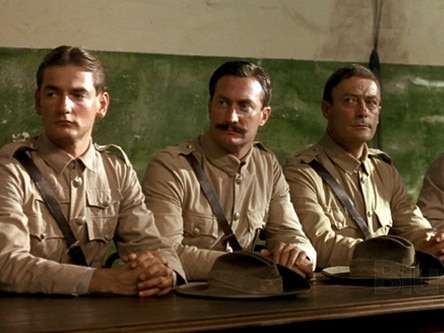
When Hunt returned to South Africa, Morant went with him, joining a new unit the Bush Veldt Carbineers (BVC), created to counter the new guerrilla-style warfare that had been adopted by Boer forces.
When Hunt was killed by Boers and his body mutilated in August 1901, Morant pursued three Boers he believed responsible, killing them. He also shot dead eight Boers headed for Fort Edward to surrender.
He also may have ordered Handcock to shoot a missionary going to inform on them over
the killings (although there is conflicting evidence).
Morant, Handcock and another Australian Lt George Whitton were charged with the murder of the prisoners and the missionary.
The men used the defence that they had been ordered by Hunt to kill prisoners, an order from higher up.
Found guilty of killing prisoners, but acquitted of the murder of the missionary, Handcock and Morant were executed. Whitton was sentenced to life in prison but was released in 1904. He later wrote the book Scapegoats Of The Empire.


